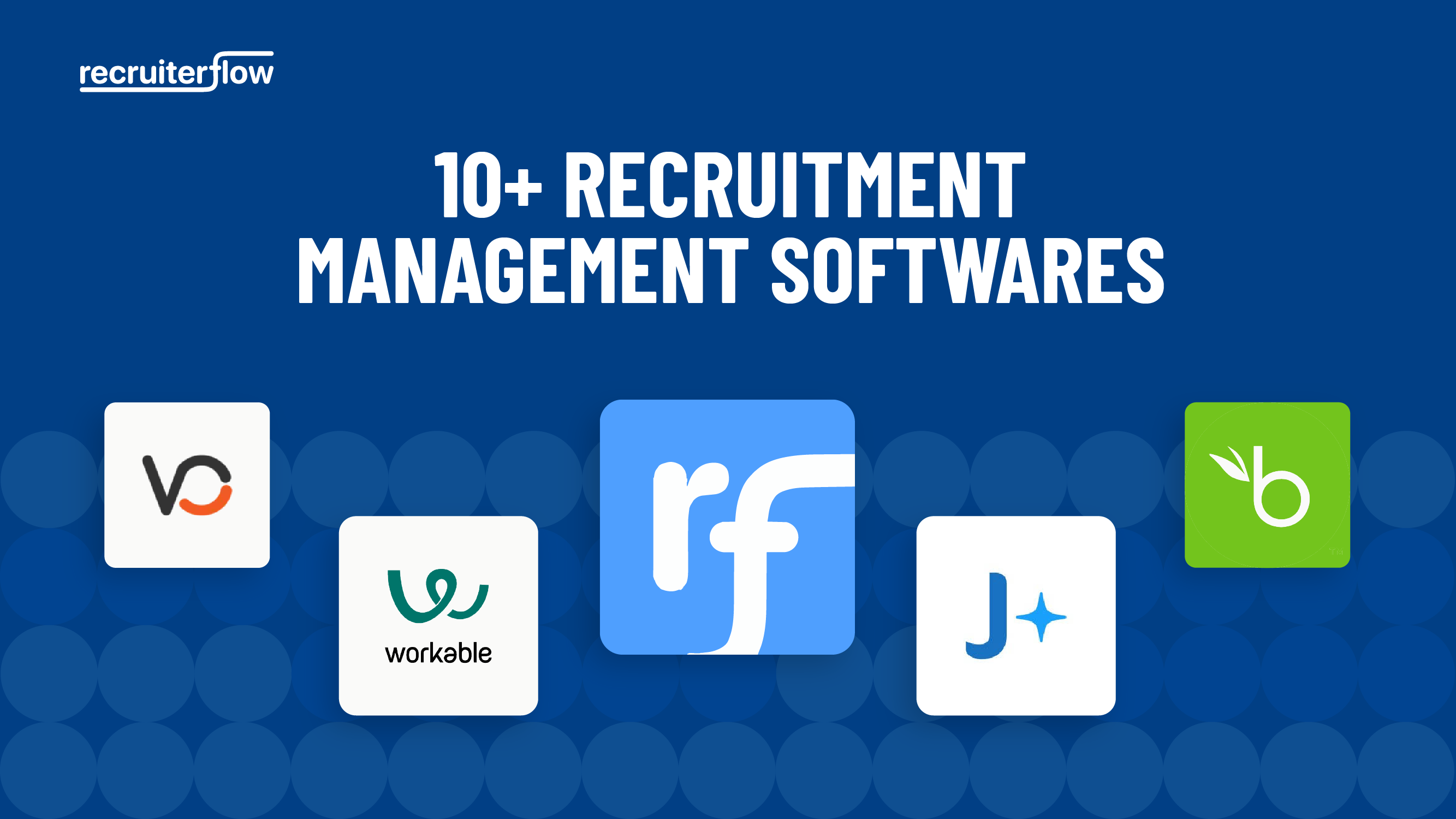
9 Recruitment CRM Features You Should Look for Before Finalising One for Your Agency
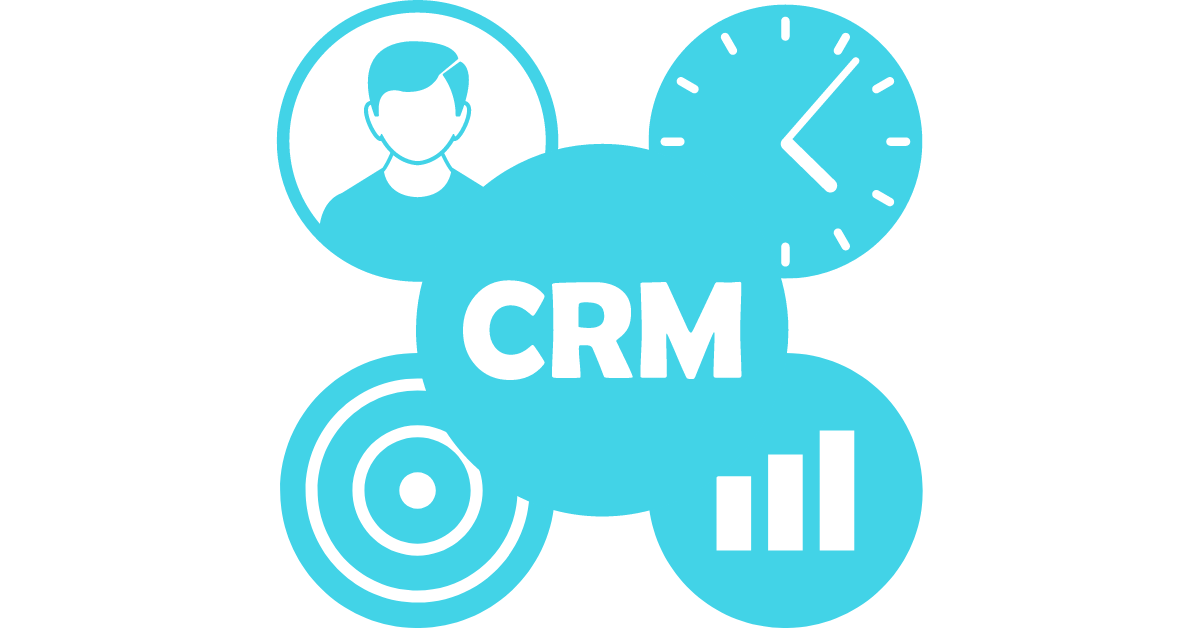
Are you in the market for a new recruitment CRM but unsure what features to look for? Finding the right CRM can be a game-changer for your recruitment process, but with so many options available, it can be overwhelming to choose the right one. That’s why we’ve compiled a list of 9 essential recruitment CRM features you should look for before finalizing your decision.
From candidate management to analytics, these features will help you streamline your recruitment process, improve your candidate experience, and ultimately make better hiring decisions. Discover the must-have recruitment CRM features that will take your recruitment process to the next level.
Also Read: ATS vs CRM: Differences and why you need both
Features To Look For Before Finalising Your Recruitment CRM
While every recruitment and staffing agency has unique needs and expectations from its CRM, some features are a must-have for every recruiting and staffing firm.
1. Analytics and Reporting
Proper reporting and detailed analytics are of prime importance for your recruiting business. A well-developed analytical recruitment dashboard will allow you to track your productivity via metrics like source of recruiting, time to fill a position, and applicant-to-interview ratio, to name a few.
Based on these data, you can optimize your strategies and calculate their influence on your business growth. Automatic report sharing also helps you observe your current success and efficiency. So any recruitment software you choose must have advanced analytics and automated reporting features.
2. Candidate and client profile
If your understanding of your audience is feeble, recruiting might seem like a “spray and pray” activity. Instead, profile your ideal candidates and customers to build a concise recruiting process.
Profiling will help you centralize clients’ firmographic data like their hiring velocity & volume, annual revenue, current business growth, and industry, among others. At the same time, you will get insight into a candidate’s skill set, interests, and timeline to ensure easy management.
These data will further help you gauge and understand their needs to serve them in the best way possible. Thus directly impacts your sales, accelerates customer support, and ensures well-targeted marketing campaigns.
Hence you need a recruiting CRM that stores all pertinent info you need about your candidate and clients through profiling. It will enable you to keep a detailed segmented database of all connections between demographics and customized criteria with profiling.
Also Read: How to use a recruitment CRM software in 4 steps
3. Specialist
You don’t have to waste time or resources customizing a generic CRM to provide the functionality you are looking for. Instead, find a specialized CRM where your recruitment-specific needs are already baked in.
A specialized CRM will offer a suite of niche features that a generic CRM won’t. They will cater to the exact requirements of your vertical, like website integration, ATS, CV parsing, and job board management. Thus you get processes and workflows you need built into the system from the start.
Specialized CRMs are built with insider knowledge of your industry. You can tap into that knowledge base to your advantage and make a forecast of revenue. In addition, it can prevent you from sinking through the fissures by offering a bird’s eye view of the sales pipeline.
4. Automation
The grunt work slows you down and robs your team’s productivity with process tailbacks. Rather than wasting time on repetitive admin tasks, let your team focus on engaging and nurturing the candidate pool.
Look for a recruitment CRM that lets you automate almost every aspect of your recruiting business. Whether lead generation, candidate nurturing, marketing, or sales, get organized with recruitment CRM automation.
Recruitment CRM automation will reduce human errors and finger-pointing at your recruiting firm. It will break the workflow complexities and smoothen the recruitment processes.
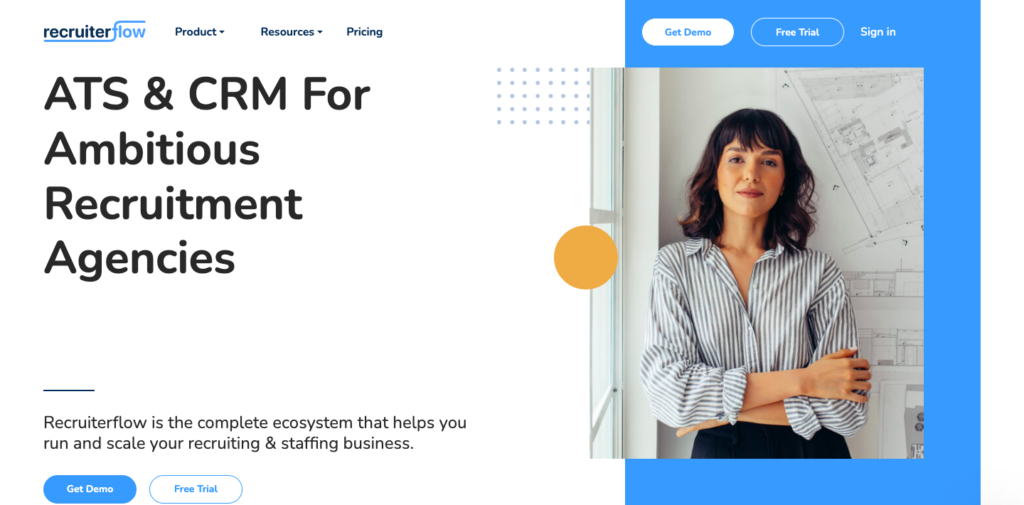
Modern Recruitment Software for Recruitment and Staffing Agencies
5. Collaboration
Recruiting is a team sport and your CRM must be able to help you play it like one.
Collaboration eliminates silos and unifies the efforts of various recruiting functions. It helps teams integrate and amalgamate different aspects of the staffing business, like recruitment, sales, marketing, and customer service. And makes sure that everyone is in the hiring process loop.
Opt for a recruiting CRM that helps you coordinate all sales and recruiting activities with collaboration. It will help you synchronize, integrate, and systematize your customer interaction across all communication channels. Thus ensuring enhanced digital customer engagement and improved client retention at your staffing firm..
Also read, What is Recruitment CRM Software?
6. Compliance and Security
Ensure your recruiting CRM offers tight data encryption and security. Advanced data encryption and compliance standards will remove breaches and keep your records safe.
Your CRM must help create and maintain a running log monitoring all admin and user activities. This user activity audit trail will let you solve problems that are otherwise hard to identify.
Invest in a recruiting CRM that creates routine data backups to protect the lifeblood of your organization, i.e., data and records. Ensure your CRM lets your recruiting team provide role-based access so only the right people can access your sensitive data. This will ensure your data is safe and protected.
7. Integration
A recruiting CRM system reaches its full potential when integrated with other applications and tools. In other words, CRM integrations function like expeditors in a restaurant kitchen. It streamlines the flow of information between different channels and keeps your firm running smoothly and clients happy.
With CRM integrations, your teams can toggle back and forth between various tools without a hitch. It consolidates all information into one centralized space and allows your teams to access the desired data instantly.
Integration in your CRM makes automation effective. It will further promote organizational transparency and enhance communication within your recruiting business.
8. Talent Pool Categorisation
Having an ATS is not enough to build a talent pool. ATS will surely move the applicants down the funnel. But what about the candidates who haven’t applied or talent that needs re-engagement and nurturing? To effectively manage your talent pool, you need to categorize and nurture these candidates through campaigns.
Find a CRM that segments and categorizes your talent pool based on demographics. It will allow you to dive deep into your candidate data. Utilize this database to engage and nurture your talent pool. Or filter through it to move them easily into your ATS when required.
A recruitment CRM that allows talent pool categorization will turn your database into a lively band of talent. It can help you identify the diverse needs of the candidates and find out who fits into the role you are trying to fill. You will also get increased visibility into talent’s history to identify suitable candidates quickly.
Also Read: Why ATS is not enough & Do you need a fully functional Talent Acquisition CRM?
9. Email Sequences
As a crucial aspect of your recruiting business, Email sequences ensure your message reaches the target customers. Email Sequence as a CRM feature can help you target your messaging, track customer engagement, and segment your database.
Pick a CRM that lets you manage your Email sequences directly from your dashboard, run sub-campaigns, and track your success.
Also, check Best Recruitment CRM software for Recruiters
Things to look for before finalizing your CRM vendor
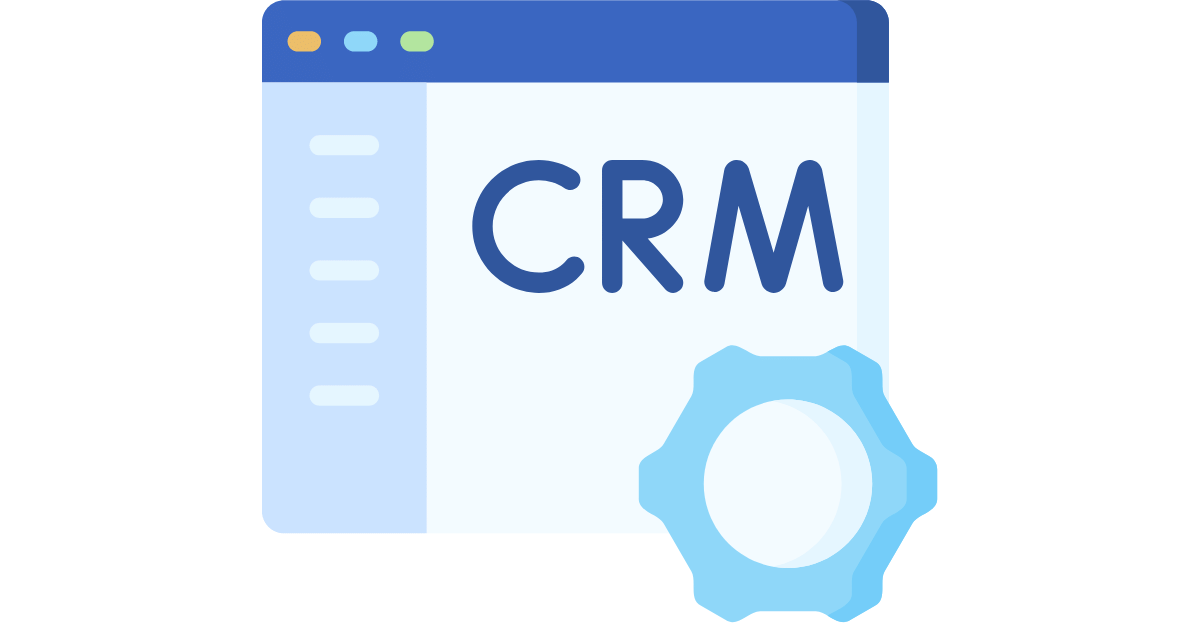
“Haste makes waste.”
Before finalizing a CRM system for your recruiting business, do some detective work and know more about the vendor. Here are a few things you should consider-
Look for Industry endorsement.
Judge your vendor by their market reputation and how well they are known. A candidate relationship management software brand that no one knows or talks about is a big no-no.
You can also try finding out if they have won any industry-recognized awards.
Research the vendor’s customer base
Search for trusted customer and peer reviews online. Use review platforms, software review sites, LinkedIn groups, and case studies. You can also browse a data marketplace by buying data in order to obtain all the vendor’s customer info.
Testimonials of happy customers
Find out from the people who have already used the system. If possible, ask someone from the same industry and a similar-sized firm as yours.
Users can provide answers to your questions that online reviews couldn’t. Utilize this opportunity to find out how the system has benefited them, the limitations, and the ROI.
Implementation
Save your CRM projects from failing due to poor implementation. Ask your CRM vendor about the implementation plan and a detailed timeline to track the deliverables. Find out how long it will take to get recruiters up to speed.
Support and Training
Nobody would like to get dropped in the sea to learn to swim. It is normal to expect the best support and training services from your vendor.
However, your vendor may offer different customer support and training levels based on your subscription plan. You can also find out if your vendor offers premium support at an additional cost.
Find out what support services, training packages, and courses your vendor offers to help your teams adopt the system in your workflow.
Hidden costs
Besides the subscription cost mentioned by the salesperson, several hidden or indirect costs can be involved in your recruitment CRM purchase. This may include customization, customer support, training expenses implementation, and data migration, to name a few. Have an honest conversation with your vendor and ask your vendors about any hidden costs that you might not yet know about.
Here is a list of 40+ questions to ask your recruiting CRM vendor before finalizing one.
Recruiterflow: Best CRM for recruitment agencies?
Recruiterflow can be the end of your search for a CRM. It has been recognized as one of the best CRMs for recruiting agencies.
Here’s what users are saying about Recruiterflow-
Recruiterflow CRM is a robust and intuitive system for recruiting and staffing agencies. It stands out with features like-
- Automatically update and sync data, view a lead’s history, and assign tasks to team members.
- Automate recruiting sales and close deals faster.
- Client Portal to collaborate seamlessly with your clients. You also get control over what information your clients get access to.
- Collaborative selling to build stronger client relationships.
- Advanced access control to help you create custom roles for custom access control.
Conclusion:
In the present recruiting market, a feature-rich CRM is no longer a luxury but a necessity. Take your time, research the ongoing trends, and pick the right CRM to streamline your customer cycle.
Recruitment

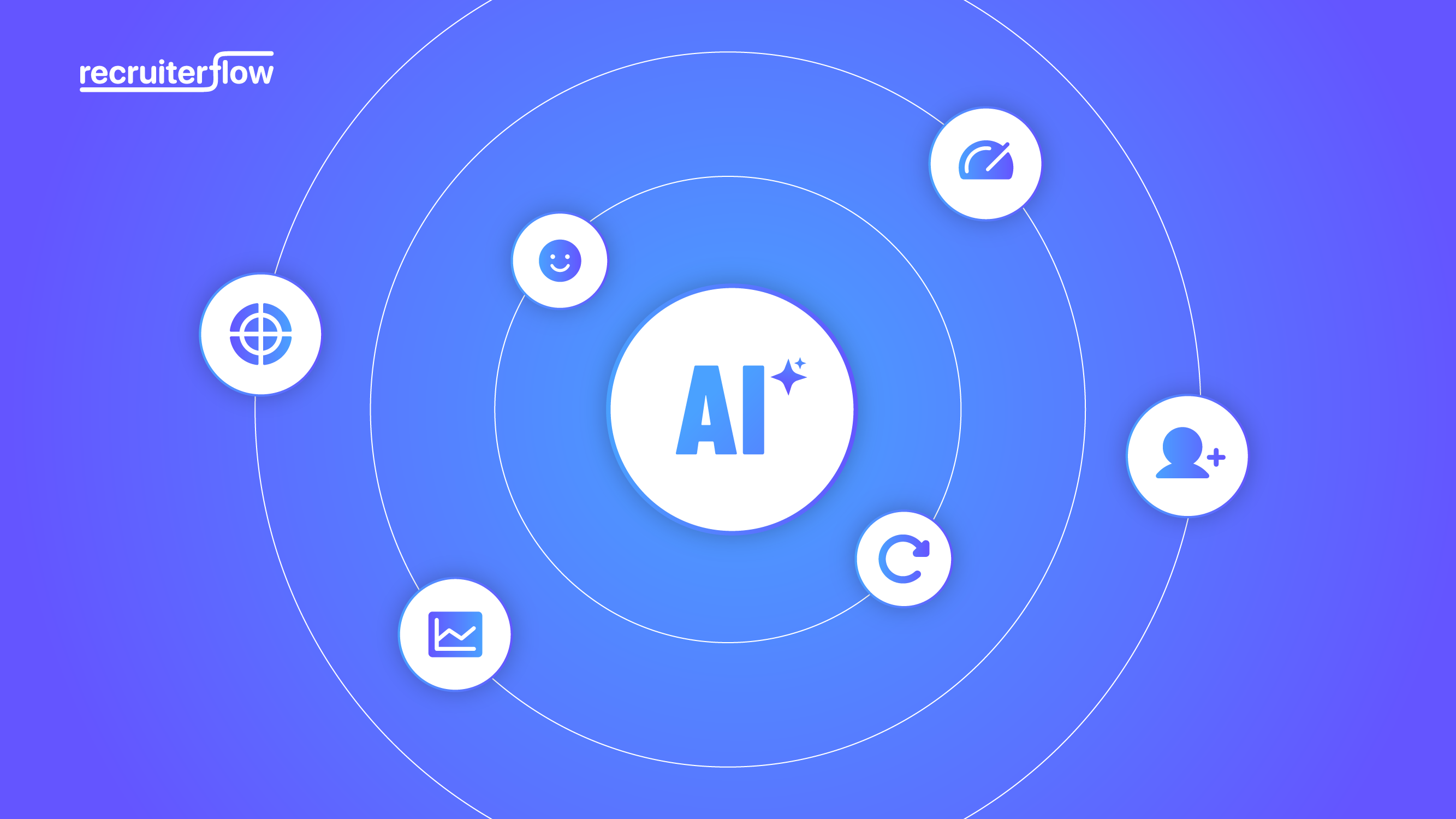
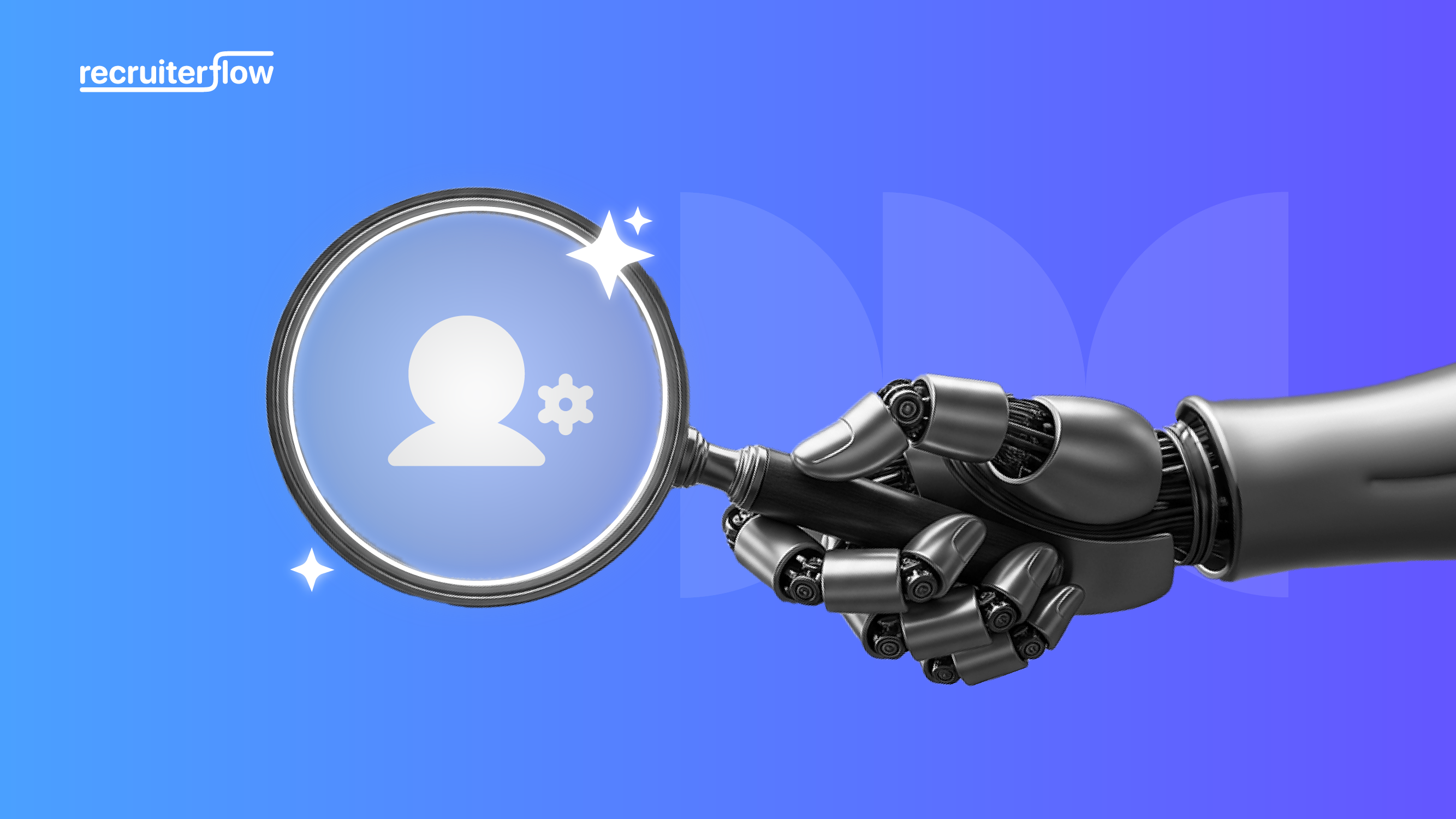
Sagrika Jain